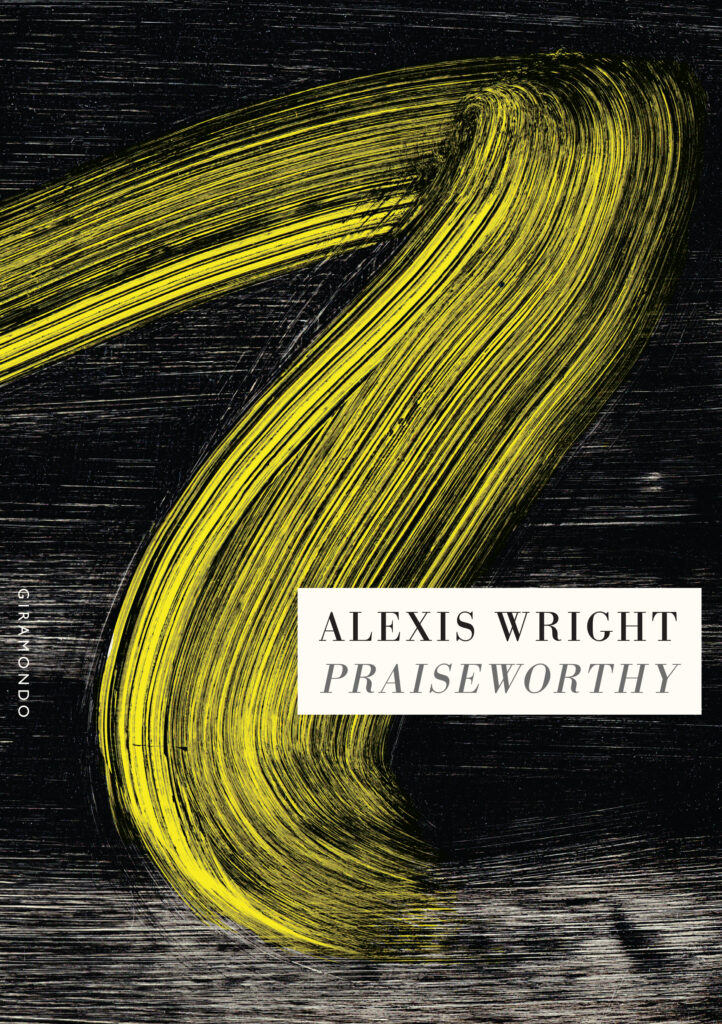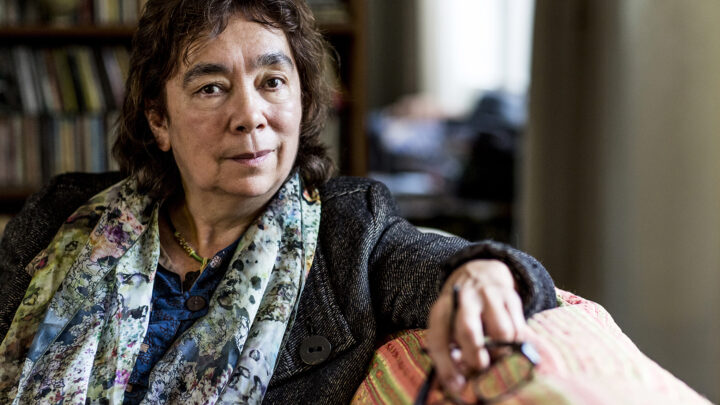Waanyi writer, Alexis Wright, has picked up a second Stella Prize for her epic work, Praiseworthy, which one judge described as “not only a great Australian novel – perhaps the great Australian novel”.
“I wanted to catch the spirit of the times, at home and across the world,” Alexis tells The Weekly, “and I wanted it to be a big book in more ways than one.”
The paperback clocks in at 672 pages, so yes, Praiseworthy is big, and it inspires both commitment and awe.
It’s the tale “of how one family faces the challenges of living on a burning planet, carrying their ancient wisdom into the future,” Alexis explains.
“I was asking some hard questions about climate change and the survival of our ancient culture in this world. I really wanted to explore what unabated global warming could mean for an increasing number of poor people in the world … And I wondered what it would mean for Aboriginal people who are already living through unprecedented times … In some of the communities up north, people are feeling the heat.”

Praiseworthy asks complex questions but it has a lightness and humour about it too. Alexis says her sense of humour springs from “our people … You know, we’ve got a heavy burden to carry, but we also have an ancestor-given ability to carry that lightly.
“I had a lot of fun writing Praiseworthy. It was hard work and I thought very deeply about it, and it’s also a very funny book.”
Where did Alexis Wright grow up?
Alexis Wright was raised in Cloncurry, Queensland, by her mother and grandmother to whom, she says, she “owes a great debt”.
Alexis’ mother’s gift to her was determination. “She was very strict,” she says, “and she taught me the determination to take on big tasks, big roles and the big sort of writing that I try to do – determination to give it the space that it needs and to stay at the task until I finish it. She taught me to see something through. Whatever you take on, whatever you dream for, you stay at the task until you finish it.”

Vivid memories of childhood
Her grandmother was a great gardener and storyteller.
“My grandmother was someone who I loved deeply from when I was a very small child,” Alexis remembers. “At the age of three, I would jump the front fence and go down to her place. I just wanted to be with her.
“She lived on the edge of town. She didn’t have electricity; she had had a dirt floor; the house was just corrugated iron. And she was always growing vegetables and giving vegetables away or eggs from her chooks and ducks.
“She took me for walks all around the bush and down the river. We’d go fishing. We’d go to the rubbish dump, you know, to find old tins and things for her plants, for her garden. I was like her little shadow.
“She talked to people – other Aboriginal families – she talked to people everywhere. She loved people and oh, they loved her. She was very kind and generous.”

Tales of Carpentaria
Alexis’ most vivid memories are of the stories she told.
“I was just always listening to her,” she says. “She talked about our traditional homeland up in the Gulf of Carpentaria and wanting to go back there. I went there as an adult, and it’s got water lilies growing on the water – clear, spring-fed water that’s running all the time – it never dries. It’s got big spirit, you know, ancestral stories … very powerful stories …
“So I think my grandmother taught me to dream and to imagine, and to be another way.”

International praise for Praiseworthy
And Alexis Wright’s writing is testament to that. The New York Times hailed Praiseworthy as “the most ambitious and accomplished Australian novel of this century”.
“She stands above every other person in Australian literature,” writer and critic, Jane Gleeson-White, told the American paper. “What she’s doing is yet to be fully understood.”
To date, Praiseworthy has won the University of Queensland fiction book award; and been shortlisted for the Queensland Premier’s Award, the prestigious International Dublin literary award, and the James Tait Black memorial prize, which is the UK’s oldest prize for literature. Her first Stella, meanwhile, was for the memoir, Tracker, back in 2018.

When her 2006 novel, Carpentaria, was heaped with praise and accolades (including the Miles Franklin), Alexis said she was surprised that Australians had taken so warmly to that circuitous, surreal, acutely observed portrait of life in Queensland’s Gulf Country. And now, at 73, she is still quietly astonished that so many of us love her work.
“I was surprised back then, and I’m even more surprised today,” she says finally. “I don’t know why readers like my work. What I’ve been trying to do is speak to this country and speak of the Country. And when I’m talking about the Country, I’m talking about the land and the ancient ways of understanding the Country, and really the old times …
“I want to be able to write this Country in a way it deserves to be written. I work very hard on this, and I think very deeply about what I’m doing … So I think that might be part of the reason … And it’s been a great honour that people have been so kind to my work.”



